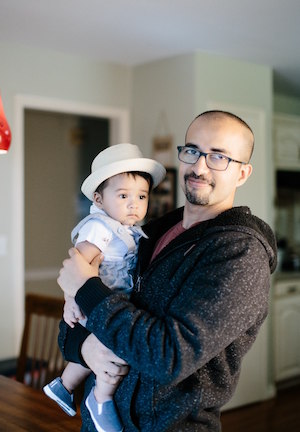Rising Strong
Summary
Living a brave life is not always easy: We are, inevitably, going to stumble and fall. It is the rise from falling that Brown takes as her subject in Rising Strong. Rising strong after a fall is how we cultivate wholeheartedness. It’s the process, Brown writes, that teaches us the most about who we are.
Notes
- While vulnerability is the birthplace of many of the fulfilling experience, we long for -love, belonging, joy, creativity, and trust, to name a few. The process of regaining our emotional footing in the midst of struggle is where our courage is tested and our values are forged. Rising strong after a fall is how we cultivate wholeheartedness in our lives; its the process that teaches us most about who we are.
- Vulnerability is not winning or losing; it’s having the courage to show up and be seen when we have no control on the outcome. Vulnerability is not weakness; it is our greatest measure of courage.
- If we are brave enough often enough, we will fail; this is the physics of vulnerability. Fortune may favor the bold, but so does failure.
- Experience doesn’t create even a single spark of light in the darkness of the middle space. It only instills in you a little bit of faith in your ability to navigate in the dark. The middle is messy but it’s also where the magic happen.
-
The Rising Strong Process -The goal of this process is to rise from our falls, overcome our mistakes, and face hurt in a way that brings more wisdom and wholeheartedness.
- The Reckoning- First, you recognise that you are feeling something - something is triggered, emotions are off-kilter.
- The Rumble- You get honest about the stories you’ve made up about your struggles and are willing to revisit and reality check these narratives.
- The Revolution- Owning our truth in order to write a new, more courageous ending transforms who we are and how we engage with the world.
- Give yourself permission to feel emotion, get curious about it, pay attention to it, and practice. We are wired to be emotional beings.
-
Breathing is central to packing mindfulness. Tactical breathing:
- Inhale deeply through nose, expanding you stomach for a count of four.
- Hold in that breath for a count of four.
- Exhale air through mouth slowly for a count of four.
- Hold empty breath for a count of four
- Our lives are better when we assume that people are doing their best. It keeps us out of judgement and lets us focus on what is, not what should or could be
- To love is to be vulnerable.
- The danger to tying you self-worth to being a helper is feeling Shame When you have to ask for help.
- Offering help is courageous and compassionate, but so is asking for help.
- Shame is a focus on self, while guilt is a focus on behavior.
- “No Regrets’ doesn’t mean living with courage, it means living without reflection. To live without regret is to believe you have nothing to learn, no amends to make, and no opportunity to be braver with your life.
